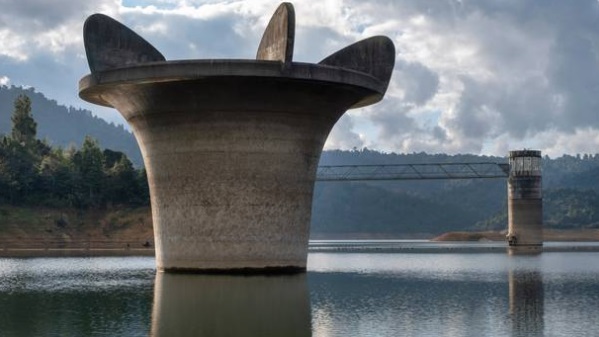
On Tuesday Watercare asked people to take shorter showers and turn taps off while brushing their teeth to stave off a looming water shortage, after a record dry six months to June.
But the first figures from Watercare's consumption measurements show water use actually increased the next day - jumping from 413 million litres on Tuesday to 417 million litres on Wednesday.
However, it was lower than the 425 million litres used on Monday.
Watercare head of water value Roseline Klein said the organisation was not disappointed about the lack of movement following media coverage.
"Traditionally, we do see high water demand mid-week. We don't have any mandatory restrictions in place, so we don't expect to see any sudden drops.
"We would however like to raise awareness about the long-term forecast, which is suggesting a dry end to 2019."
Watercare's dams are sitting at just below 60 percent capacity when normally they would be 84 percent full at this time of year.
The Hūnua and Waitākere ranges – where Watercare has nine water storage dams – received 34 percent and 44 percent less rainfall than normal between January and June.
Heavy rain in Auckland today saw more than 60mm fall in some areas - close to a fifth of what fell in the six months from January to June.
The Hūnua and Waitākere catchments were each likely to get between 50-88mm of rain today, but it wouldn't be enough to ease the water shortage, Watercare spokeswoman Maxine Clayton said.
"The Metservice forecast indicates showers next week- but nothing of any significance for the rest of the month," she said.
"Typically, we see somewhere in range of 200mm during July, so potentially we're looking for a rain deficit of 250-375mm since January."











